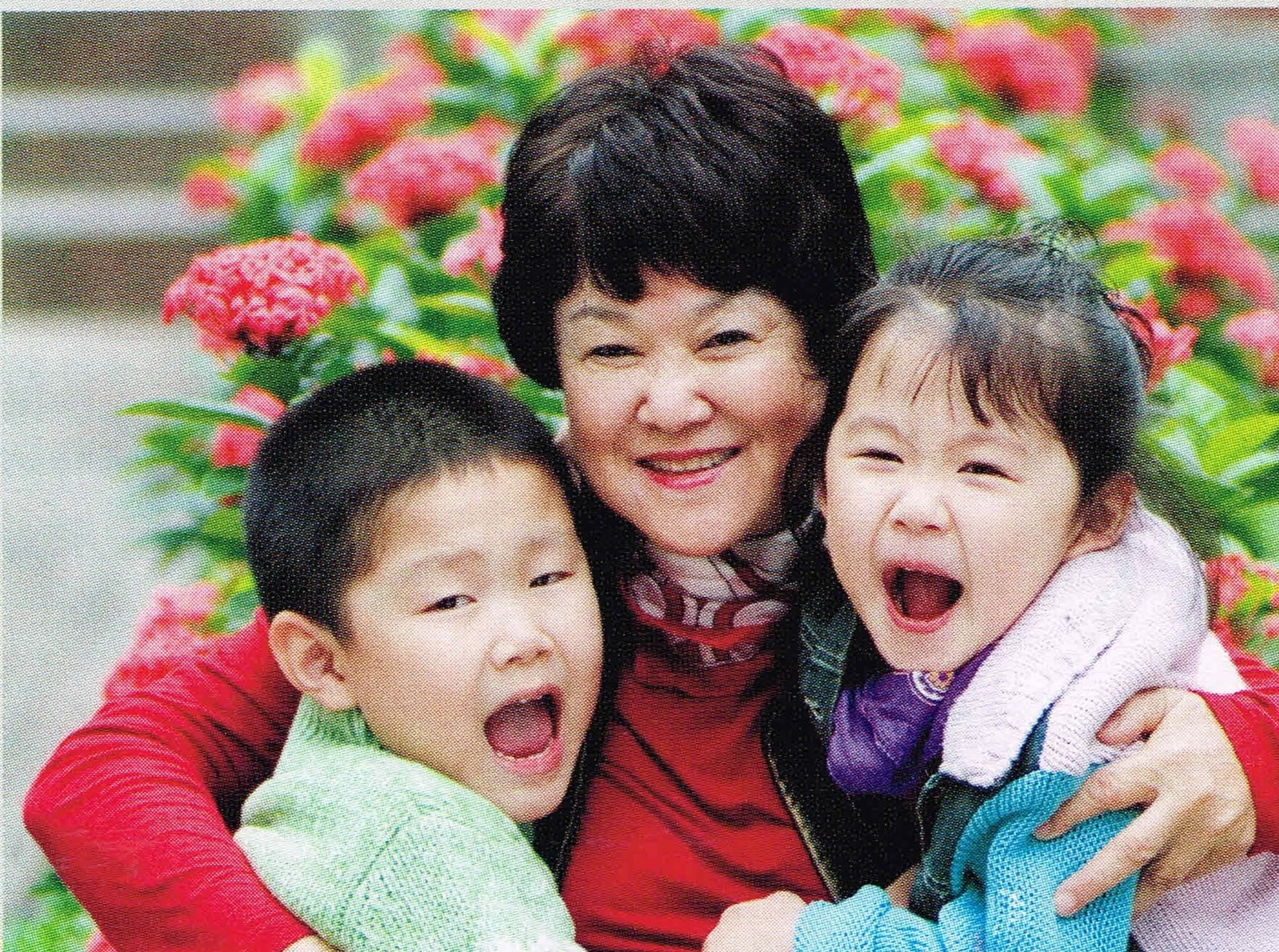In recent years, there has been a rise in the number of elderly individuals suffering from delusional disorder. This is linked to brain degeneration, loneliness, and a lack of security. If an elderly person loses a spouse they rely on, they may struggle to accept the reality, leading to stress that severely affects their emotions and can even result in delusional disorder.
Causes of Delusional Disorder
Delusions involve persistent suspicion, irrational reasoning and judgment, and unusual thought patterns. The causes of delusional disorder are complex. They can stem from a lack of love or experiences during childhood, affecting the development of thought processes, self-esteem, and behavior. Long-term illnesses such as diabetes, thyroid disorders, brain diseases, or trauma can also lead to hormonal imbalances that contribute to the condition. Additionally, aging-related functional decline or excessive distrust, such as lack of communication with a partner leading to distrust or suspicion, can cause psychological obstacles that develop into delusional disorder.
Patients with delusional disorder tend to be subjective, sensitive, suspicious, self-centered, and prone to fantasy. In elderly individuals, this often manifests as multiple delusions, including feelings of persecution, being followed, jealousy, and guilt. Even if the patient lives in a wealthy household or with their children and spouse, loneliness can lead to delusional disorder. This condition is often overlooked by family and society. Prolonged loneliness can cause mental fragmentation. Many delusional disorder patients may harbor secrets, with guilt and fear making them afraid of others finding out. Sudden environmental changes can overwhelm them, leading to delusional behavior, such as feeling discussed, framed, followed, or having their belongings stolen. Persecutory delusions often involve suicidal tendencies, and without early diagnosis and treatment, they can lead to disaster. Therefore, family members should pay close attention and ensure timely and appropriate treatment.
Family care is the most effective treatment for the elderly. Additionally, seniors should spend more time in the sun and participate in activities with friends to keep their minds and bodies happy, which helps reduce the chances of developing delusional disorder.
Real Case
Haitang, 79 years old, suffers from hypertension and high cholesterol and has had chronic knee pain. She is currently on sedatives and has a history of being hospitalized in the psychiatric ward of Kowloon Hospital for over five months several years ago. Earlier this year, her mental state became chaotic when relatives stayed at her for a month, causing her immense stress and tension. She couldn't sleep at night and forgot to take her sedatives, leading to extreme anxiety and suspicion.
Haitang claimed that strangers frequently entered her room, took money from her drawers, and looked through her bankbook. She even called her family and woke up the relatives sleeping next door in the middle of the night to check their IDs. On one occasion, she called the police to report a crime. However, she forgot her actions and couldn't recognize her own handwriting.
Dietary Therapy Benefits
Before her illness, Haitang consumed two caffeinated drinks daily and ate frozen dim sum like siu mai, rice rolls, desserts, ice cream, and various refined bread and udon. Long-term consumption of high-sugar, high-fat, and highly stimulating caffeinated foods, coupled with a lack of rest, disrupted the secretion of neurotransmitters in her brain, resulting in high levels of reactive oxygen species (ROS). I advised her family to add 10 grams of natural polyunsaturated fatty acids (MAO-Monoamine Oxidase inhibitors) to her meals. After a week, her family no longer received her midnight calls, and her suspicion and sensitivity improved. She no longer questioned if strangers entered her room. A month later, Haitang resumed a normal life, including daily morning exercises like other seniors. This demonstrates the significant biological response of plant polyunsaturated fatty acids on electron transmission in brain nerve cell membranes.
To maintain brain health in the elderly, I recommend including a teaspoon of polyunsaturated fatty acids in each meal, along with fresh vegetables, a variety of beans, white meat, and whole grains. Seniors should reduce their intake of beef, milk, soy milk, soybeans, white rice, and white flour products, as these can trigger brain sensitivity. Of course, family care is the most effective treatment for seniors. Additionally, spending time in the sun and participating in activities with friends can help keep their minds and bodies happy, reducing the chances of developing delusional disorder.

Family care is the most effective treatment for the elderly. Additionally, seniors should spend more time in the sun and participate in activities with friends to keep their minds and bodies happy. These practices help reduce the chances of developing delusional disorder.
Increasing Cases of Delusional Disorder Among the Elderly